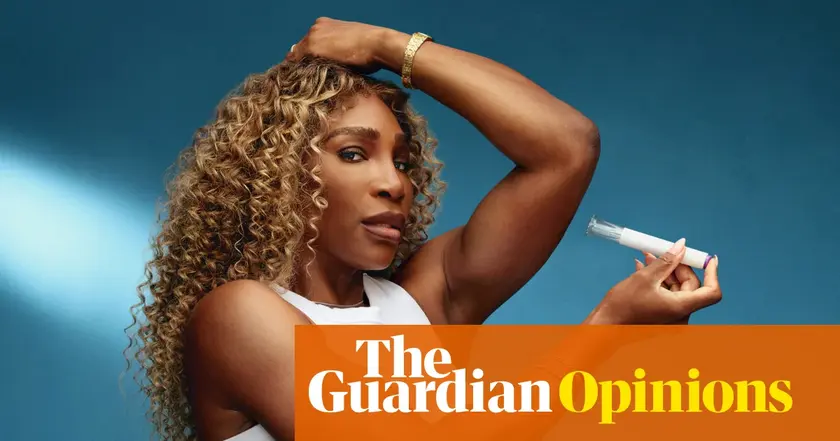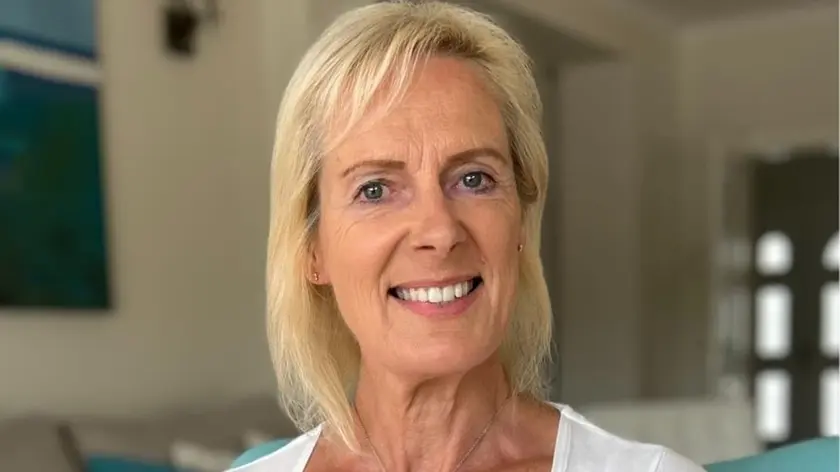T4K3.news
Serena Williams weighs in on weight loss drugs and stigma
The interview highlights how Williams uses GLP-1s alongside lifestyle changes and prompts a broader look at access and safety.

The article analyzes how Williams's disclosure intersects with public perceptions of GLP-1 medications and access.
Serena Williams weighs in on weight loss drugs and stigma
Serena Williams discussed her use of weight loss medication as part of her goal to reach a healthy weight after the birth of her second child. In a Today Show interview she said she wanted to find a weight she felt comfortable with and that her training remains a big part of the effort. The article notes that other celebrities such as Oprah Winfrey and Whoopi Goldberg have spoken openly about GLP-1 medications, showing the drugs have entered mainstream conversations.
Experts like Dr Claire Madigan warn that elite athletes can struggle to lose weight and that changes in behavior are needed after sport ends. The piece adds that Williams credited diet and physical activity alongside the drug and highlights the importance of discussing possible side effects, which can include stomach issues and, rarely, gallbladder or kidney problems. Williams says she experienced no side effects and is seeing benefits as she trains for a half marathon.
Key Takeaways
"My joints are a lot better,"
Williams describes health improvements during training.
"The drugs are quite expensive and the average person may think here is an elite athlete, she's got access to the gym, she's got time, she has a nutritionist"
Dr Madigan on public perception and access to treatment.
"It's great she is talking about how difficult it is to lose weight after having a baby"
Dr Madigan on postpartum weight loss challenges.
"Williams says she did not experience any side effects"
Williams comments on side effects during treatment.
The moment draws attention to how public figures frame medical choices. When a famous athlete talks about a drug, it can reduce stigma but also tilt the discussion toward wealth and access. The story shows how messaging around obesity drugs sits at the intersection of health and image.
Policy and health equity are at stake. If GLP-1s are expensive, many people may struggle to access them and rely on lifestyle changes instead. The piece invites a broader conversation about cost, safety, and patient education that goes beyond celebrity anecdotes.
Highlights
- Weight is a personal journey not a PR trend
- Access to help should not hinge on fame
- Athletes inspire yet reveal gaps in health equity
- Stigma fades when conversations include cost and care
Public discussion of weight loss drugs raises cost and access concerns
The piece spotlights how celebrity disclosures interact with the high price and limited access to GLP-1 medications, raising questions about equity, safety, and public reaction.
The conversation on weight, medicine, and fairness continues.
Enjoyed this? Let your friends know!
Related News

Serena Williams sheds 31 pounds with GLP-1 therapy

Serena Williams GLP-1 endorsement under scrutiny

Serena Williams reveals GLP-1 weight loss

Weight loss jabs kept secret raise safety concerns

Shrinking Summer tests body positivity

Joshua Hilton proudly shares his weight loss journey

Transformation story inspires recovery from addiction

Serena Williams opens up about GLP-1 use
